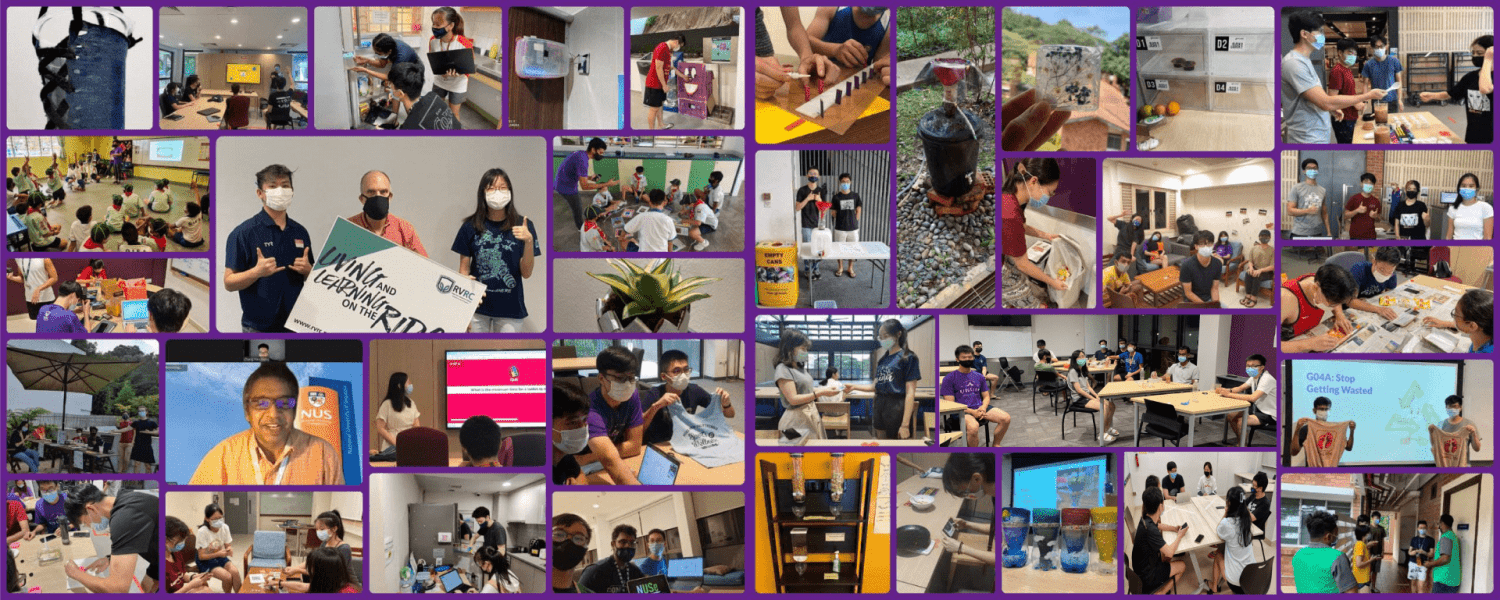Christopher Leo Mervyn (SOC), Neil Gupta (SOC), Rachel Ho Zune Mei Pwint (FASS), Rajendran Ramesh Babu Gauthama Siddarth (FOE), Schubert Goh Yee Chen (SOC)
Academic Advisor: Ms. Sadaf Ansari
Food waste due to cosmetic filtering of ‘ugly foods’ – misshapen or bruised produce, has increased the annual total food waste in Singapore from 606,100 tonnes in 2009 to 763,100 tonnes in 2018 (NEA, 2018). According to the Electrolux Survey (2019), 25% customers do not pick ugly produce. Our survey of NUS students (n=55) identified price as a key factor, in line with the Electrolux Survey results – nearly 50% respondents were willing to purchase cheaper priced ugly foods. Our project objective was to test these findings. We set-up a booth in NUS to sell normal and ugly bananas, priced differentially. Data collected from two days of sale found that 56% customers (n=60) purchased ugly bananas. 90% customers also indicated that they would purchase ugly foods from other sources at discounted prices. Our findings confirm that lower prices can incentive consumers to purchase ugly foods, and mitigate the problem of food waste.
